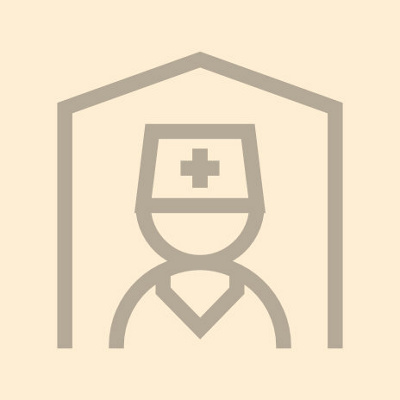Human papillomavirus (HPV) can cause cervical cancer – the second most prevalent cancer among women after breast cancer. A Mediclinic expert explains why vaccination is your best form of protection.
Around 99% of South Africa’s cervical cancer diagnoses are directly linked to the HPV virus. The virus spreads via direct contact and is considered a sexually transmitted disease (STD) because most cervical HPV occurs because of sexual contact. In a small number of cases, HPV is transmitted through hand contamination on urinals and toilets too.
Risk factors
Factors that increase the chances of contracting the HPV virus include:
- Having multiple sexual partners
- Early onset of sexual activity
- Conditions such as HIV that compromise your immune system
- Chemotherapy can also put you at risk.
Preventing the spread of HPV
Dr Douglas Seton, an obstetrician and gynaecologist at Mediclinic Klein Karoo, says because so many cases of cervical cancer are linked to HPV, the cancer can be almost eradicated from society by taking simple steps. “Where there is a programme of adequate education and effective screening, there is no reason to fear HPV,” he explains. The best way of combatting the virus, Dr Seton says, is via:
- Sexual education at schools
- Encouraging barrier-type contraceptive (condoms)
- Vaccination.
The most effective is vaccination, Dr Seton says, and there are two versions:
- Bivalent – protects only against cervical cancer and is provided in the state sector.
- Quadrivalent – protects against genital warts and cancer and is the primary choice in the private sector.
When the state vaccine was rolled out in 2014, it was met with some resistance. Parents were concerned by reports of side-effects, including the development of autoimmune diseases like lupus. But Dr Seton says there have been no statistically significant side-effects or contraindications to this vaccine.
Some parents were also appalled that the vaccine was only targeted at girls – the 2023 government programme begins in Grade 5 for girls from age nine and up. Dr Seton explains that boys are not vaccinated as the virus is either asymptomatic in men or shows up as genital warts. Very rarely, it can cause penile cancer. For women though, there is a greater chance of trauma during sexual intercourse, which can worsen infection. Virus particles can also be carried further to sensitive areas via sperm.
Dr Seton believes vaccination is the key to eradicating cervical cancer. However, more work needs to be done for a prevention programme to be successful. “Vaccines must be encouraged at every turn as everyone who is sexually active is at risk,” he says.
Speak to your GP about HPV vaccination, which is available at a charge in the private sector from doctors, or at pharmacies. In the state sector, a team visits public schools to administer the vaccine.
Further publications on the topic
Doctors 1


